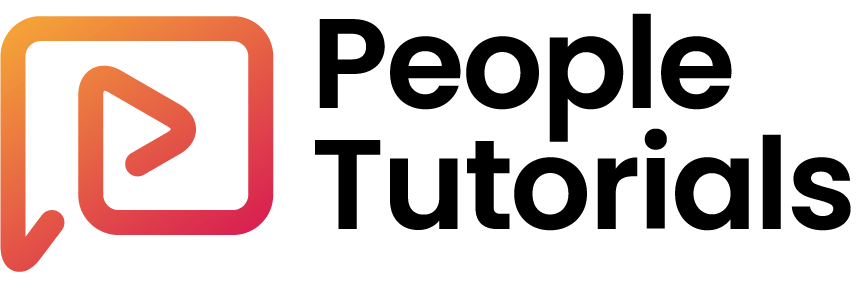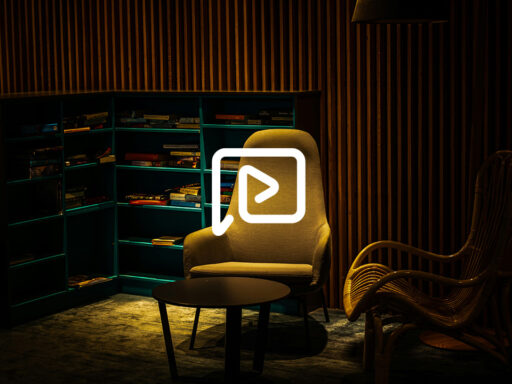The first thing you should do?
Write garbage. Absolute trash. The kind of sentence that would make your high school English teacher cry.
Because once the pressure to be good dies, the gates swing wide open.
You’re free.
And freedom is where real writing lives.
When I sit down to write anything—an article, a post, a plan for world domination—it starts in the most primitive way possible:
A pen. A notebook.
Old school. Dinosaur vibes.
But there’s real science here (Google it if you don’t believe me):
Writing by hand fires up parts of your brain that typing just… doesn’t.
It’s tactile. You hear the scratch of the pen. Feel the texture of the paper. Smell the ink.
More senses = deeper thinking. More connections firing.
Still, I’m not precious about it.
If you prefer a notes app, use it. If you need to yell ideas into your phone while speed-walking down the street like a crazy person, do that too.
There’s no “one right way.” Anyone who tells you otherwise is selling something.
Me? I keep a Notion page called “Scratch Pad” pinned to my home screen.
Whenever a stray thought attacks, I throw it in there.
Since it syncs across my phone, laptop, and iPad, I also dump in highlights from books I’m reading. (Notion, if you’re listening: sponsor me, dammit.)
Now here’s the fun part:
You never know how many ideas are floating around inside you until you actually start writing.
It’s like building a bridge as you walk across it.
Step by step, planks appear beneath your feet. Neural pathways light up like runway lights, showing you where to go next.
And it’s messy.
One second you’re talking about writing habits, the next you’re remembering a weird fact about how squids communicate.
Good.
Get lost.
Then — listen for the river.
In the middle of the jungle of your brain, there’s a river.
It’s the main current of your story. When you wander too far off course, you can hear it if you listen.
That’s your signal to find your way back.
Writing is exploration, not construction.
It’s not a checklist. It’s a conversation with yourself.
Ask questions:
- “What if I flipped this idea on its head?”
- “Why does this happen?”
- “Why doesn’t this happen?”
Questions are oars.
They steer the boat.
And speaking of boats: ever driven one? Turn the wheel on a boat, and nothing happens at first. There’s a lag.
You have to hold the turn a little longer before the boat responds.
That’s how your mind works too. You need to commit to a direction for a few beats before the big ideas start showing up.
Now…
You’ve got your ideas.
Time for the performance.
Writing isn’t typing letters.
It’s theater.
There’s rhythm in everything—an email, a letter, a blog post, a song.
When you start seeing writing like music, your work changes forever.
Where’s the verse?
Where’s the chorus?
Where’s the hook?
Flip it:
What if your article was a song?
What if your song was a letter to someone you loved (or hated)?
Challenge your own formats. Break your own patterns.
The real magic?
Sticky ideas open loops.
Ever had a song stuck in your head?
That earworm isn’t just catchy—it’s unfinished.
You know part of the melody, but your brain can’t quite land the next note. So it keeps replaying it, trying to close the loop.
Humans are obsessive about closure.
Leave a small, deliberate gap in your writing—a missing piece—and people can’t help but lean in.
- Wonder first.
- Shock them second.
- Deliver an unexpected ending third.
- Leave a hook they can hum back to themselves.
If you do that and
— even for one second —
get them to imagine themselves in your story?
You’ve won.
No bullet point summary today.
No cheat sheet.
No 5-step formula.
Because if I handed you a map, you’d stop paying attention.
You’d stop exploring.
Instead, here’s all I can offer:
The destination is an idea that sticks.
Your only tools are a compass and your own curiosity.
Find your own river.
And write your way there.








